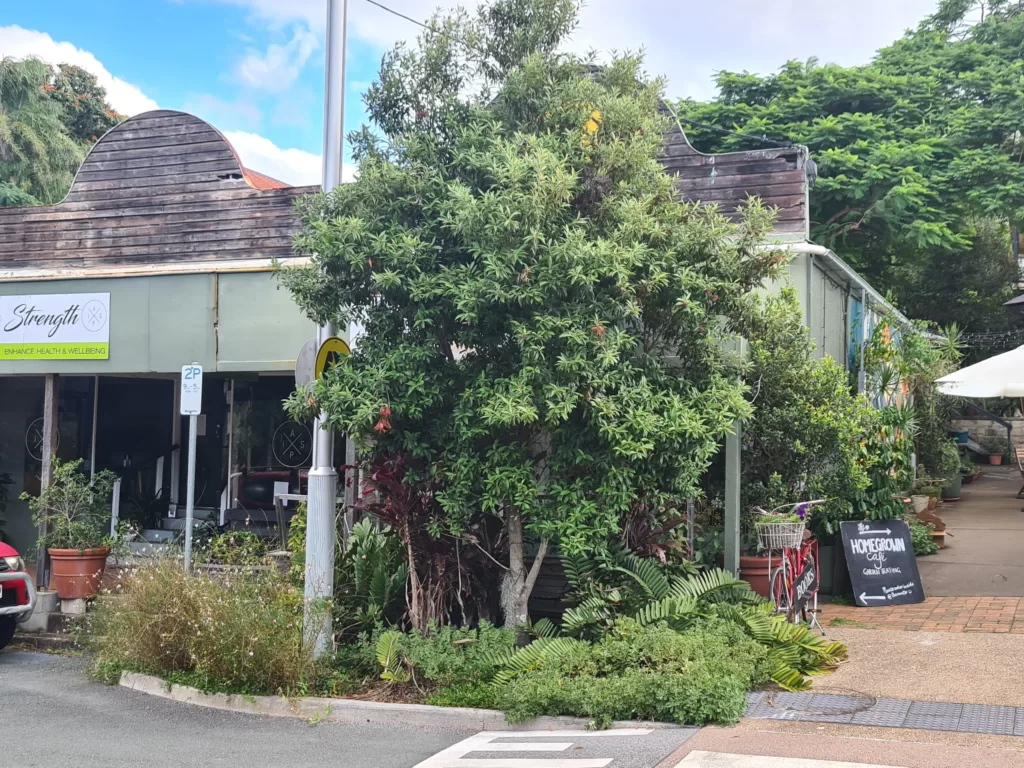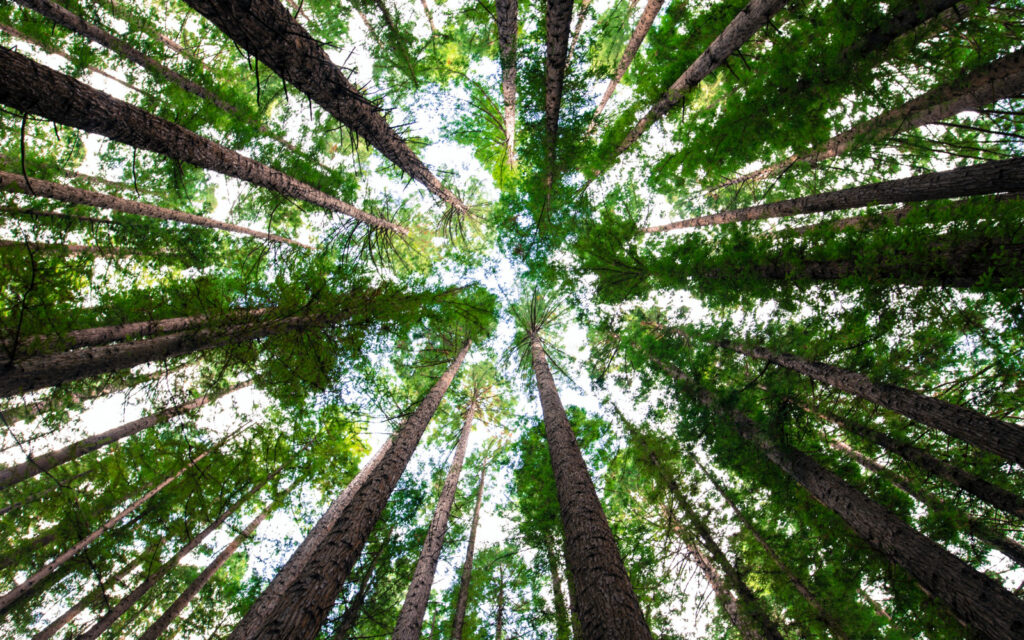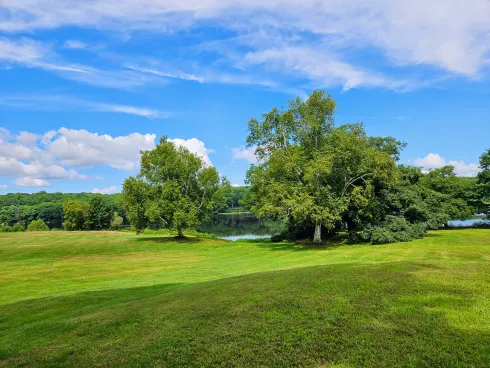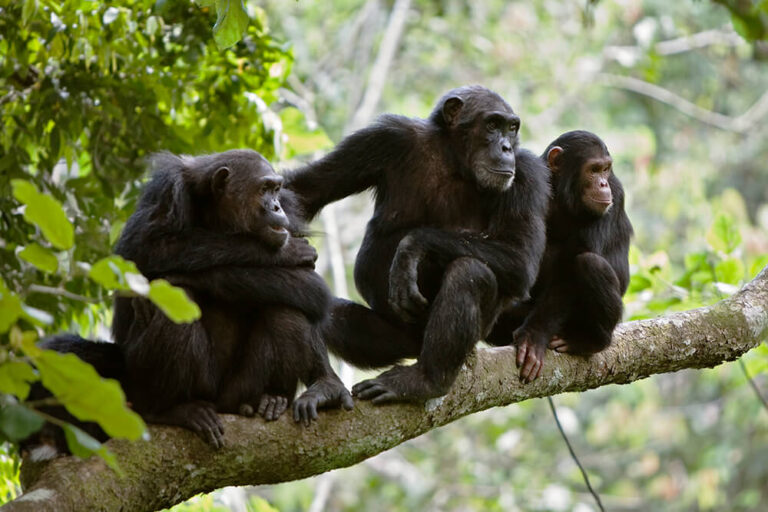The Importance of a Single Tree: A Testament to Nature’s Power
In a world where urbanization and deforestation often dominate the headlines, the significance of a single tree can sometimes be overlooked. However, each tree, no matter how solitary, plays a crucial role in our ecosystem and our lives. From providing essential resources to supporting biodiversity and combating climate change, a single tree is more than just a part of the landscape—it’s a powerful symbol of nature’s resilience and interconnectedness. Let’s explore the profound importance of a single tree and the benefits it provides.
1. Environmental Benefits
One of the most significant roles of a single tree is its contribution to the environment. Trees are vital for maintaining ecological balance and supporting various natural processes:
- Air Quality Improvement: Trees act as natural air filters. They absorb pollutants such as carbon dioxide, sulfur dioxide, and nitrogen oxides, while releasing oxygen through photosynthesis. A single mature tree can produce enough oxygen for a family of four.
- Climate Regulation: Trees help regulate temperatures by providing shade and releasing moisture into the atmosphere through transpiration. This cooling effect is particularly important in urban areas, where they can mitigate the urban heat island effect.
- Soil Preservation: Tree roots help prevent soil erosion by stabilizing the ground. They also improve soil health by adding organic matter through leaf litter and root decay.

2. Ecological Impact
Beyond their environmental benefits, trees are vital to supporting diverse ecosystems:
- Habitat for Wildlife: A single tree can provide habitat for numerous species, including birds, insects, and small mammals. Trees offer nesting sites, food sources, and shelter, contributing to local biodiversity.
- Pollinator Support: Trees are essential for pollinators like bees and butterflies. Flowers and fruits produced by trees provide food and nesting materials for these crucial insects, which are vital for the health of many ecosystems.
3. Human Well-being
The presence of trees has a profound impact on human health and well-being:
- Mental Health: Studies have shown that spending time around trees and green spaces can reduce stress, anxiety, and depression. Trees create calming environments and improve overall mental well-being.
- Aesthetic and Recreational Value: Trees enhance the beauty of landscapes, providing aesthetic value and recreational opportunities. Parks, gardens, and green spaces offer places for relaxation, exercise, and social interaction.

4. Symbolic and Cultural Significance
Throughout history, trees have held symbolic and cultural significance in various societies:
- Cultural Symbols: Trees often symbolize life, growth, and endurance. Many cultures have revered specific trees as sacred or significant, reflecting their importance in cultural and spiritual practices.
- Historical Markers: Trees have been used to mark historical events and milestones. Some trees are known for their longevity and historical significance, becoming living monuments to the past.
5. Conservation and Future Outlook
The conservation of individual trees and forests is crucial for sustaining our planet’s health and biodiversity. Planting and protecting trees can help mitigate climate change, preserve wildlife habitats, and enhance human quality of life.
- Planting Initiatives: Supporting tree-planting initiatives and conservation efforts can contribute to global efforts to combat deforestation and promote sustainable land use.
- Community Involvement: Engaging communities in tree care and planting activities fosters environmental stewardship and raises awareness about the importance of trees.
A single tree might seem like a small part of the larger landscape, but its contributions are immense and multifaceted. From environmental benefits and ecological support to human well-being and cultural significance, each tree plays a vital role in our world. By appreciating and protecting individual trees, we can contribute to a healthier, more sustainable planet for future generations.
Feel free to share your thoughts or personal experiences with trees and their impact in the comments below!






